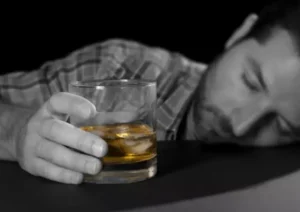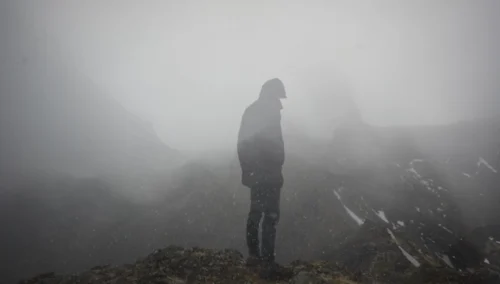
When you touch a hot stove, you learn not to do it again. You may learn that a particular relationship is causing you harm, or that you need to pay more attention to your sleep schedule. This learning process empowers you to build a life aligned i relapsed with your values. Any or all of these types of care may be appropriate for you. Joy and passion are essential components of recovery.
Understanding why you feel terrible after a relapse
Some of us have even spoken it ourselves, but what does it mean? Is that considered failure or progress since it’s “part of the process”. If I don’t relapse, does that mean I’m not missing a key stage of recovery? If you do relapse, start by reaching out to a trusted healthcare provider. This could be someone you see regularly, like a local therapist or psychiatrist, or you can call the facility where you started treatment. Don’t isolate yourself or get lost in feelings of shame.
Seek help from your clinicians or support network; don’t be afraid to tell them you’ve relapsed

Drinking and mental health problems do not mix well. PAWS alcohol rehab is thought to be caused by changes in the brain that occur as a result of long-term substance abuse. Listen, if you thought getting sober was tough the first time, just wait until you have to try again after an extended period of sobriety. This isn’t just to get back in recovery but to keep you safe, as relapses often lead to accidental overdoses.

Identify and Avoid Triggers
- No one who gets clean and sober has to relapse, but when it occurs, it’s detrimental to treat it as something that deserves scorn, derision or punishment.
- The goal of rehab is not just to heal your mind; it also aims to empower you to make big changes to the structures around you.
- A slip may feel like the end of the world, but really, it’s an opportunity for growth and reinforcing basic life skills that need more work.
- A natural and unexpected event, like a pandemic or a hurricane, might uproot your entire life.
- Substance abuse is a common response to triggers5 like these.
- One of the most important parts of getting over a relapse and staying on the path to recovery is understanding what caused your relapse.
- Maybe you realize that you need to call on your support systems sooner before your emotions get the best of you.
For https://ecosoberhouse.com/ instance, if you’re suddenly contacted from an old friend to meet up at a bar after 4 months sober, you’re inviting an opportunity for relapse. You can control your triggers if you possess the forethought to avoid unknown, but hazardous situations. Put your health first; put your sobriety first in every situation. If the relapse causes a complete descent back into a routine of drugs and alcohol, then many doctors and peers agree, that person wasn’t ready to get sober yet.


Maybe you’re going to bed later or sleeping in till noon. That cool cycling class you’ve been keeping up with? I’m not suggesting you walk around on pins and needles, constantly afraid of a relapse, but I AM suggesting you stay rooted in reality. People with twenty years of sobriety and access to better resources than you and I have fallen victim to relapse, often with deadly consequences. If you think you got this sobriety thing down pat and you could never, ever, ever relapse, I got some bad news for you. And with that, let’s move on to relapse warning sign #3.
- You even offered to housesit for your sister and take care of her cat while she was away.
- Just like when you first got into treatment, remember that you met others struggling with addiction like you.
- However, in most cases, the signs were there long before you used again.
- This includes the ability to recognize high-risk situations and avoid substance use.
- You should be reaching out to your support network first and putting together a plan to self-correct.
- Sometimes, you unknowingly begin taking steps toward a relapse weeks or months before actually drinking or using drugs.
- To the greatest extent possible, drink a ton of water, find a way to distract yourself until you feel like the storm has passed, and then recognize it’s time to reach out for help.
- However, what makes a lapse different from a relapse is that it’s a short-lived period of substance use followed by an obvious return to their recovery goals.
- Because many people choose to go to rehab in response to a crisis, it’s easy to approach this process with a sense of urgency.
Most substance use disorder treatment options include creating a relapse prevention plan. Most relapse prevention plans also include information on how to spot a possible relapse long before it happens, so you can know beforehand when you need help in the future. Relapse is typically caused by internal and external risk factors that manifest as physical cravings for the substance, a mental obsession to use it, and a disconnect from positive support systems.



